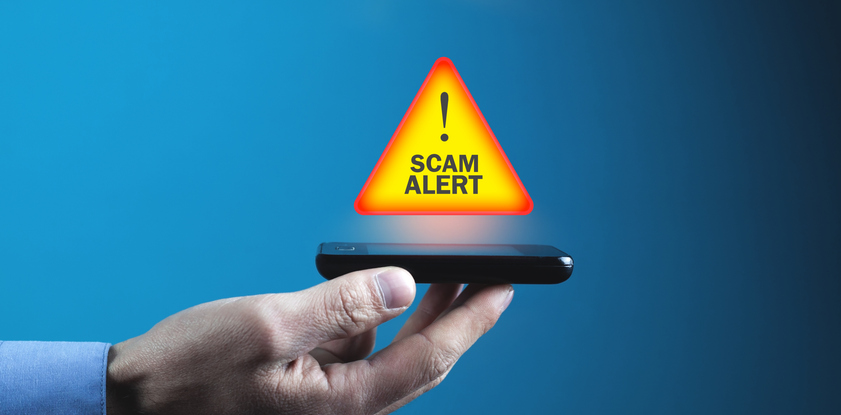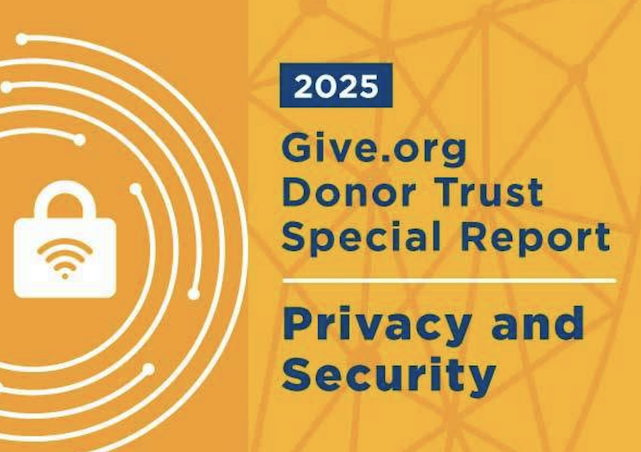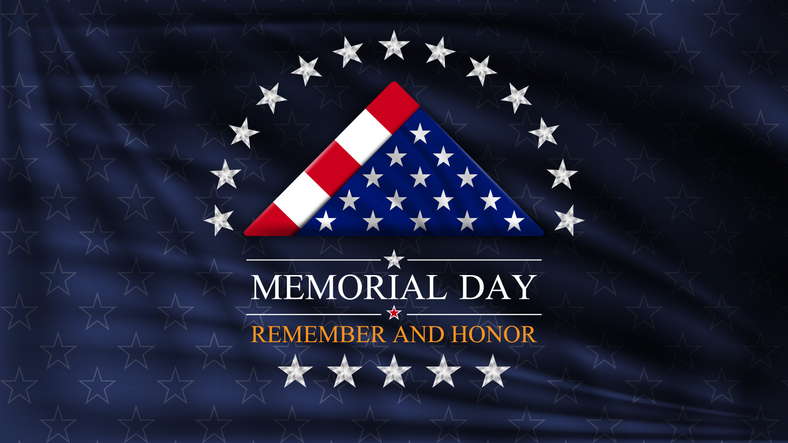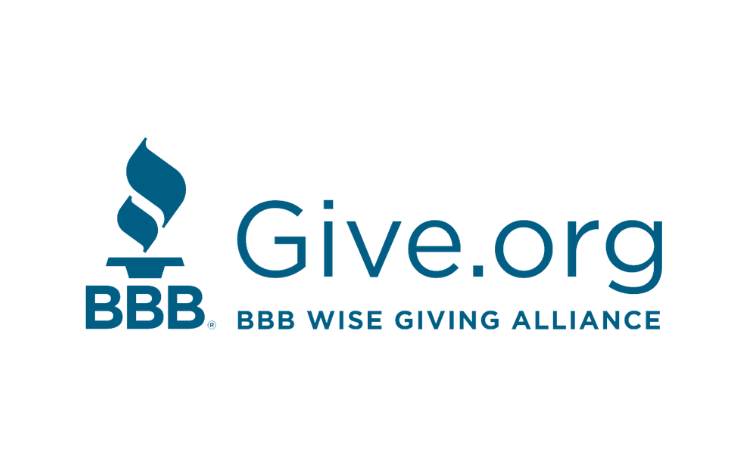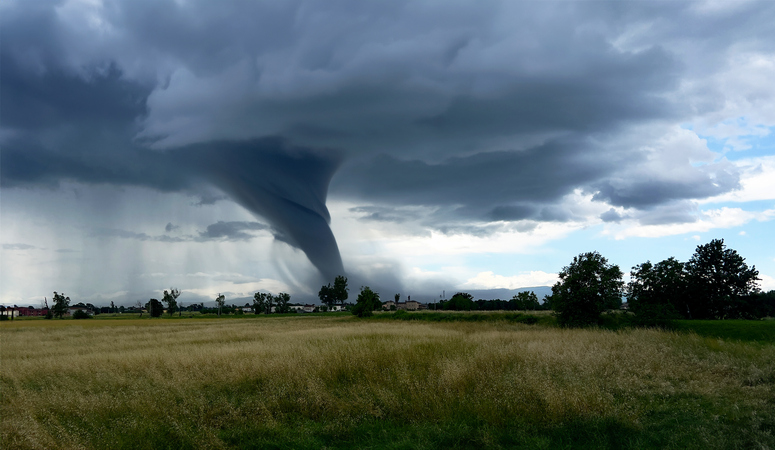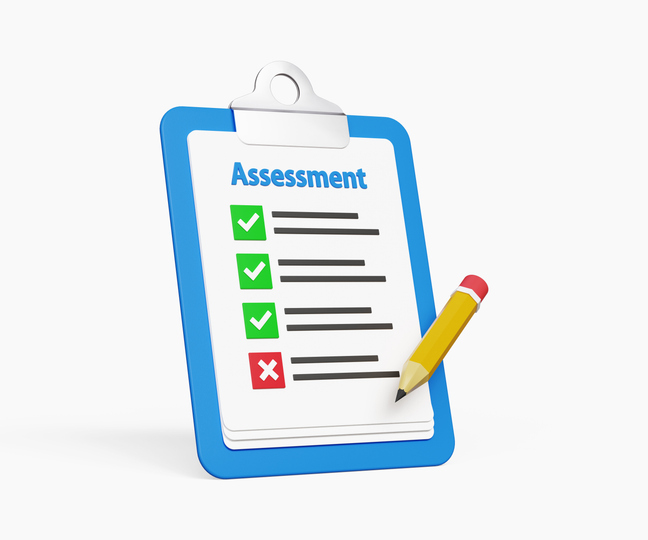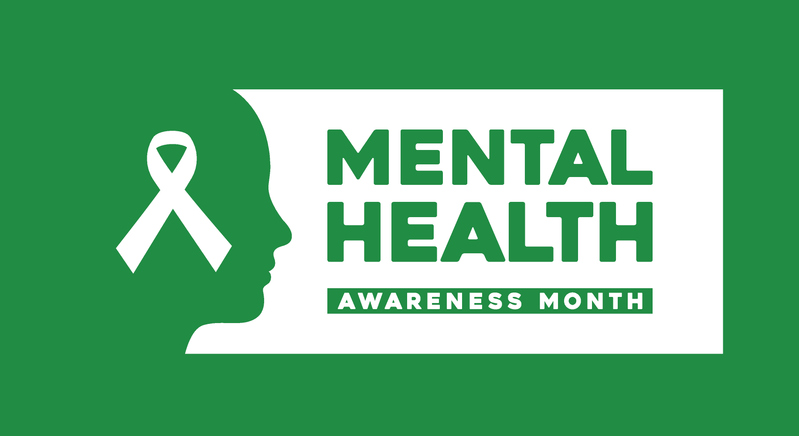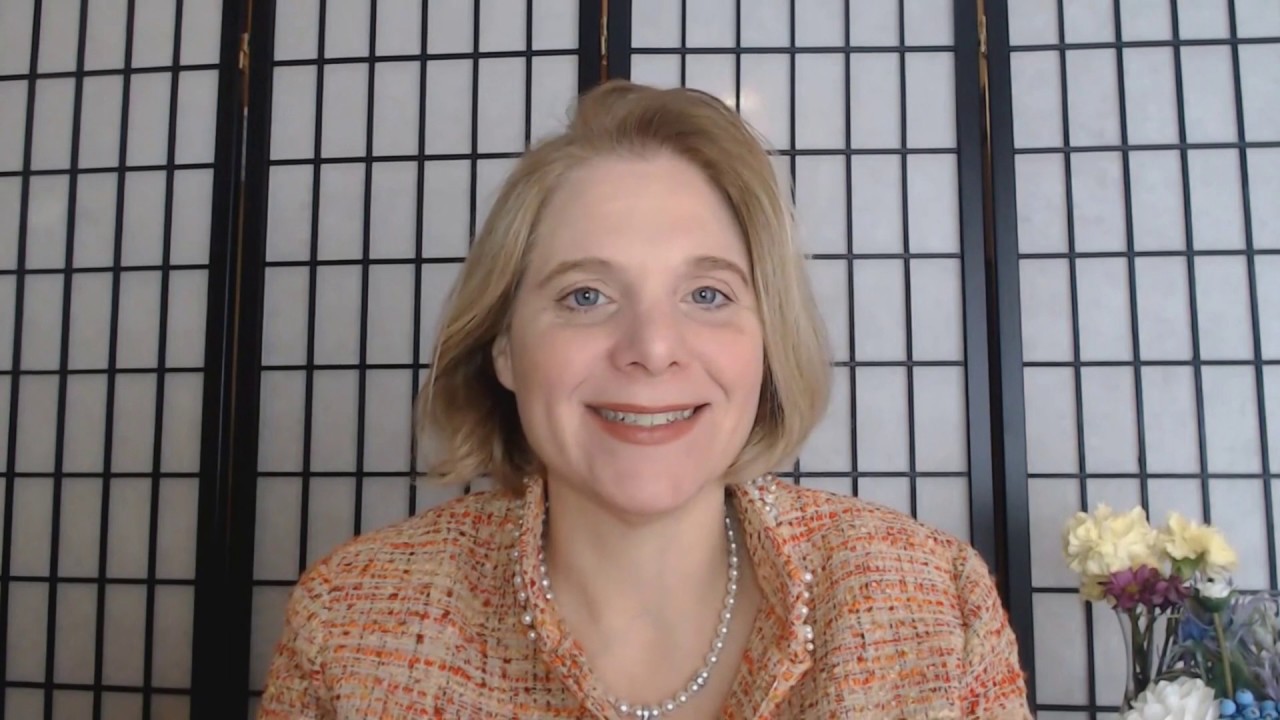Protecting Donors Through Charity Evaluation and Scam Alerts
BBB Wise Giving Alliance helps donors give with confidence. Part of that objective is achieved by directing contributors to trustworthy charities that meet the 20 BBB Standards for Charity Accountability (i.e., BBB Accredited Charities). A second goal is alerting donors to potential charity scams that can misdirect their donations to questionable solicitors. A couple of charity scams that came to our attention recently and are summarized below.TikTok Cat Shelter Scam: A Viral Trap
The Better Business Bureau serving Eastern Carolinas, located in Raleigh, noted a TikTok video asks viewers to help a cat shelter (or animal shelter) by purchasing slippers or cat toys. However, the purchase is never received, and the named charity cannot be verified.
Impersonation Scams via Mobile Payment Apps
Watch out for accounts in mobile payment systems (such as Venmo, PayPal, etc.) that mimic a known charity name but may be differ by a single letter or punctuation mark.You may receive an email or social media message directing you to make a donation using that false payment address. This is a type of impersonation scam that is impacting animal shelters. A Delaware charity’s website posted a warning about this problem.
5 Steps to Help You Avoid Online Charity Scams
To help donors avoid being taken by such circumstances, BBB Wise Giving Alliance offers the following tips.
-
1. Visit the charity’s official website directly. Check out the charity’s website on your own. Avoid misdirection to a quick gift link or a false payment account by visiting the charity’s actual website. There you can confirm the actual payment account and also find out more about their accomplishments, finances, and governing board.
-
2. Double-check the charity name to avoid confusion. Beware of charity name confusion. Some charities have similar sounding names. Sometimes this is because they are raising funds for a similar cause, but other times a questionable solicitor may be seeking to confuse you. To avoid this potential problem, take a moment to confirm that the charity you have in mind is the one soliciting you.
-
3. Use verified accounts within mobile payment apps. Carefully search the mobile payment system to see if they have a list of verified charity accounts to help ensure the charity account address you have been provided is correct.
-
4. Confirm government registration status. About 40 of the 50 states in the U.S. require charities to register with the attorney general’s office or secretary of state. You can verify an organization’s charitable tax-exempt status at this IRS link. In Canada, check with the Canada Revenue Agency. Keep in mind that registration does not mean the government agency recommends or approves the charity.
-
5. Look up the charity at Give.org to verify their trustworthiness. Visit charity reports on Give.org to verify if the organization meets the 20 BBB Standards for Charity Accountability (i.e., a BBB Accredited Charity). There is no charge to charities for accreditation and the resulting reports are available free on Give.org. Also, review this page on Give.org for tips on donating to animal-related charities.
How to Report Charity Scams
If you want to alert a law enforcement agency about a problem you encountered, contact the attorney general’s office in your state (in Canada, the Canada Revenue Agency). For allegations of charity fraud, you can also inform the Federal Trade Commission. These agencies use such reports to help identify and investigate questionable activities.Recent Reports
We are always working with charities to publish or update reports for donors. Visit Give.org or local BBBs to check out any charity before giving. Our recently evaluated charities include:
Finally, remember to let us know by going to give.org/charity-inquiry if you are interested in seeing a report on a charity not on the list and we will do our best to produce one.

